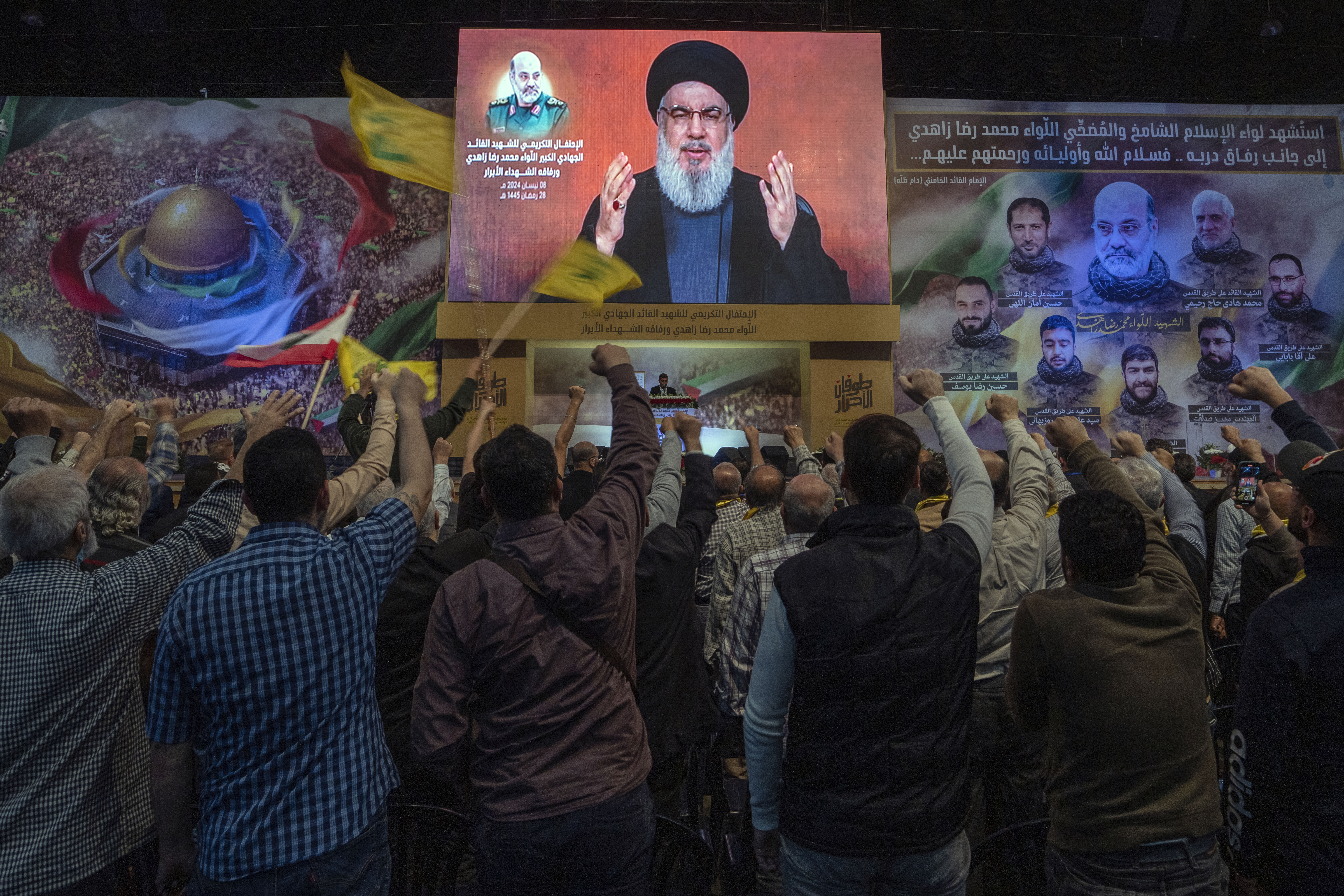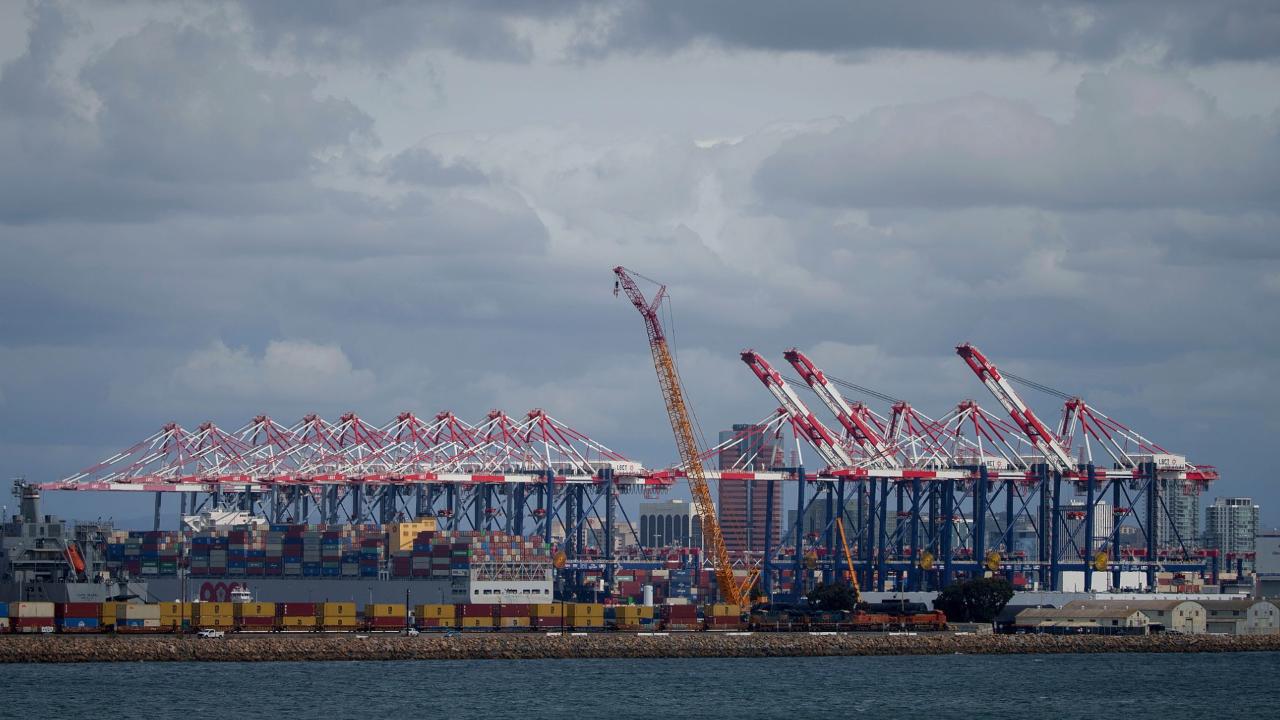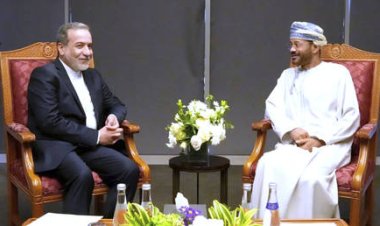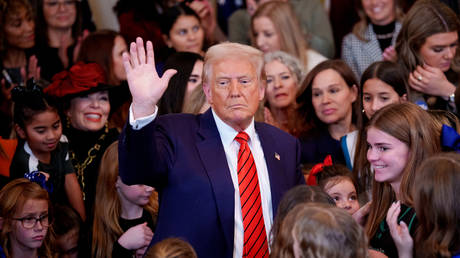The US welcomes Nasrallah's departure but prepares for potential increase in violence
The White House responded favorably to the news at first, while simultaneously working to determine whether it might lead to a broader conflict in the Middle East.

Initial reactions from the White House were reportedly positive, even as U.S. officials had been advocating for Israel to halt its operations against Hezbollah, according to two senior administration officials.
The Biden team maintains that Hezbollah, along with potentially other Iranian proxies, may retaliate in response to the latest violence, thereby escalating the situation further. However, Nasrallah’s death might significantly weaken the militant group and hinder its capacity to launch any major retaliatory strikes for the time being.
News of Nasrallah's death reverberated throughout the Middle East, intensifying alarms as Israel announced it had also targeted additional Hezbollah figures in airstrikes on Beirut, Lebanon’s capital. Reports indicated that members of Iran’s Islamic Revolutionary Guard Corps were included among those killed.
Israel's recent successes pose a dilemma for the United States and several Arab nations. Despite being key adversaries of America and its allies, Israel's actions have dealt heavy blows to both Hezbollah and Iran; the latter being responsible for the deaths of numerous Americans.
This offensive occurred even though the U.S. had repeatedly urged Israel to exercise restraint toward Hezbollah and to agree to a cease-fire. The Biden administration now faces the challenge of potentially reassessing its approach.
The U.S. is expected to continue advocating for diplomatic solutions to prevent a wider regional conflict that could involve Washington. Meanwhile, Israel has described its actions as “escalating to de-escalate,” possibly leading to a scenario in which Hezbollah, Iran, and their allies may temporarily back down.
According to senior officials, the removal of Nasrallah and other key commanders will likely hinder Hezbollah’s operational effectiveness in the near term.
The Pentagon reported that Secretary of Defense Lloyd Austin had spoken twice with Israeli Defense Minister Yoav Gallant on Friday regarding Israel's military actions in Lebanon. In those discussions, "the secretary expressed full support for Israel’s right to defend itself and its people against Iranian-backed terrorist groups," as stated in an official release.
A U.S. official familiar with the situation mentioned that a Cabinet-level interagency meeting was scheduled for Saturday afternoon to evaluate the ongoing circumstances.
Officials anticipate that Iran’s other proxy groups will probably follow their past patterns, launching numerous missiles at Israel in the upcoming days and weeks. This includes Hamas from Gaza, the Houthis from Yemen, and various militant organizations based in Iraq and Syria.
Hezbollah's ongoing rocket fire aimed at Israel has already compelled tens of thousands of Israelis to evacuate from the northern region, which contributed to Israel's determination to counteract Hezbollah.
The confrontation with Hezbollah is concurrent with Israel’s military engagement against Hamas militants in Gaza, which escalated after those militants killed 1,200 people in Israel on October 7. Hezbollah initiated its own rocket attacks the day afterward.
The Biden administration is also monitoring Iran’s reaction through intermediaries, seeking signs indicating whether Iran might directly engage in the conflict, as revealed by a senior official.
On Capitol Hill, lawmakers were primarily focused on the significance of Nasrallah's death rather than worrying about the potential repercussions of the attack.
“Justice has found Hassan Nasrallah, a terrorist, a leader of Iran’s murderous proxy Hezbollah, and an architect of killing Israeli men, women and children,” stated House Intelligence Chair Mike Turner.
Florida Democratic Rep. Lois Frankel shared on social media, "The U.S., Israel, and the world are safer without him."
Israeli Prime Minister Benjamin Netanyahu has signaled his intent to persist with strikes on Lebanon, clearly determined to undermine Hezbollah's capacity. However, it should be noted that Israel has not publicly stated that eradicating Hezbollah is a definitive military goal as it has in its ongoing conflict with Hamas in Gaza.
Top U.S. officials had previously cautioned Israel—back in October of the previous year—not to target Nasrallah, warning that doing so could heighten the risks of a regional war. Yet, according to a senior official, the context within the Middle East has shifted.
This week, the U.S. proposed a 21-day cease-fire between Israel and Hezbollah, with the possibility of extension during any negotiated peace talks. Announced on Wednesday, U.S. officials were optimistic that both sides would assent to the proposal.
However, in recent days, notable Israeli officials have denounced the cease-fire proposal, and Netanyahu expressed his opposition to any such arrangement during a speech at the U.N. this week.
The killing of Nasrallah potentially renders the cease-fire proposition even more irrelevant, at least in the short term. Nevertheless, senior officials have expressed frustration over Israel’s reaction to the cease-fire initiative. After asking the U.S. to publicly announce the proposal to apply pressure on Hezbollah for diplomatic discussions, the Israeli government then distanced itself from the deal, which was perceived as a slight to Biden.
It remains unclear whether the Israeli leadership was aware of their impending strike on Nasrallah at the same time the U.S. announced the cease-fire proposal, and U.S. officials have indicated they were not forewarned about the operation.
Furthermore, it is uncertain when Israelis in the northern region will be able to return home. The preliminary cease-fire plan included provisions to push Hezbollah back at least 10 kilometers from its positions in southern Lebanon to restore confidence for Israeli civilians.
Joe Gould, Jonathan Lemire, and Robbie Gramer contributed to this report.
James del Carmen contributed to this report for TROIB News












